Concluding the meeting on digital transformation on the afternoon of February 6, Prime Minister Pham Minh Chinh requested to change the state from "asking - giving" to provide public services to the state of "proactively" serving and providing public services to people and businesses and applying the policy of collecting 0 VND fees for online public services.
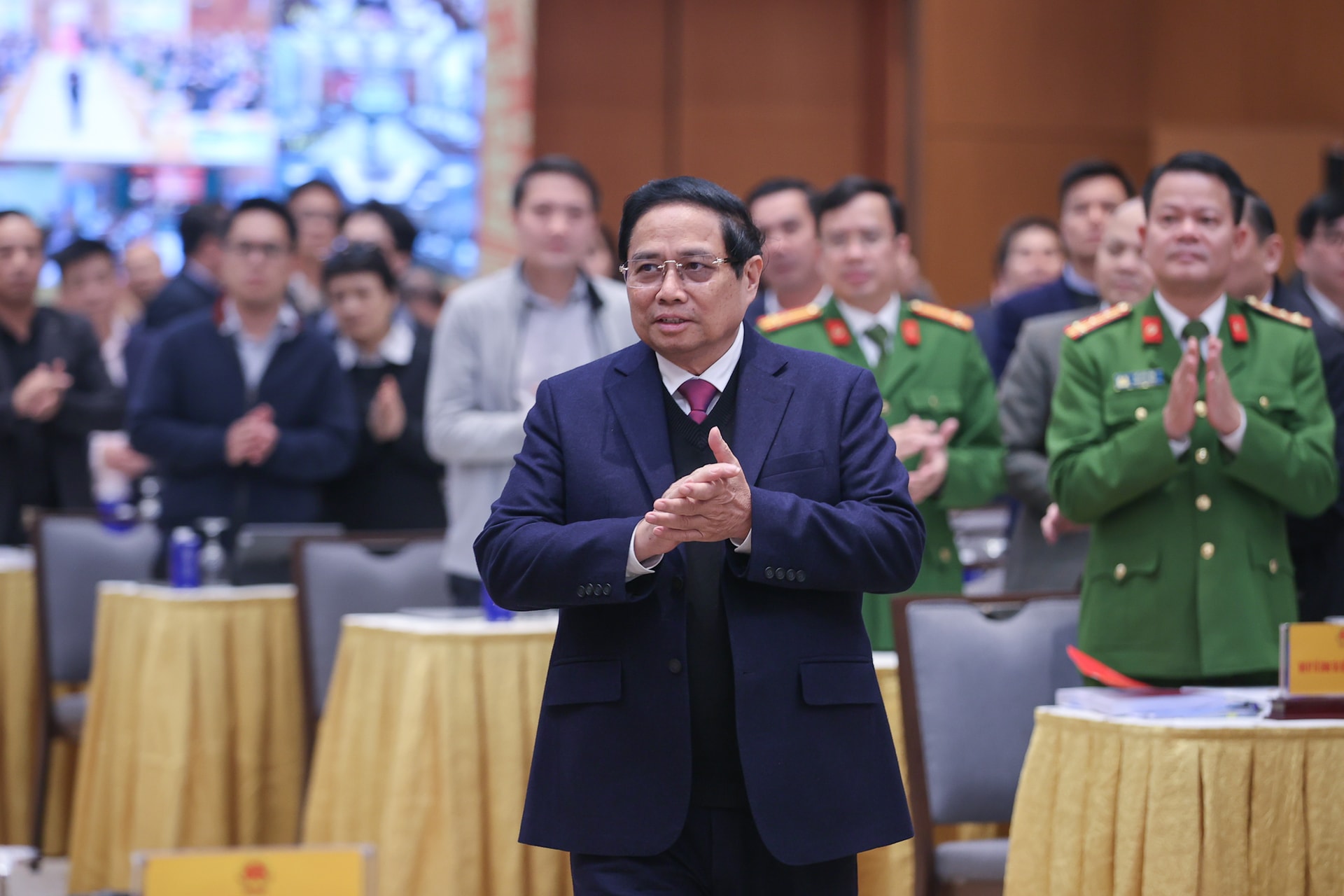
On the afternoon of February 6, at the Government Headquarters, Prime Minister Pham Minh Chinh, Chairman of the National Committee on Digital Transformation, chaired the 10th meeting to summarize the activities of the Committee and Project 06 on developing applications of population data, identification and electronic authentication to serve national digital transformation in 2024, and key directions and tasks in 2025.
Also attending were comrade Nguyen Hoa Binh, Politburo member, Permanent Deputy Prime Minister, Permanent Vice Chairman of the Committee; comrades of the Party Central Committee, leaders of ministries, branches and central agencies.
The meeting was broadcast live to the connecting points of ministries, branches, and People's Committees of localities nationwide.
Digital economy and digital society continue to develop strongly
Reports and opinions at the meeting unanimously assessed that thanks to the attention and leadership of the Party; the participation of the entire political system, all levels, sectors and localities; the consensus and active participation of people and businesses, digital transformation has reached "every level, every sector, every unit, every household, every person". In 2024, national digital transformation, especially the implementation of Project 06, will continue to achieve many great and important steps forward.
Firstly, leadership, direction and management are more experienced, systematic and methodical; implementation is carried out resolutely and synchronously with high determination from the central to grassroots levels.
In 2024, the Government and the Prime Minister issued 12 resolutions, 9 decisions, 6 directives, and 6 telegrams. Organized 6 conferences of the National Committee on Digital Transformation; 11 national online conferences on Project 06, ensuring practicality and effectiveness. After each meeting, there will be new results, new products, more determination, and more experience to work on.
Completed 44/63 tasks in the Commission's 2024 Action Plan. Completed and is implementing 244/276 tasks in 2024 of Project 06. After 3 years of implementing Project 06, a huge amount of work has been completed - 346 tasks.
Second, institutions, mechanisms and policies related to digital transformation continue to be focused on completion. In 2024, the National Assembly issued the Data Law; the Government issued 14 decrees. Ministries issued 33 circulars under their authority.
898/1,084 administrative procedures assigned in Government resolutions have been simplified; of which 313 procedures were simplified in 2024. 63/63 localities have issued resolutions to exempt and reduce fees and charges for people and businesses in performing administrative procedures.
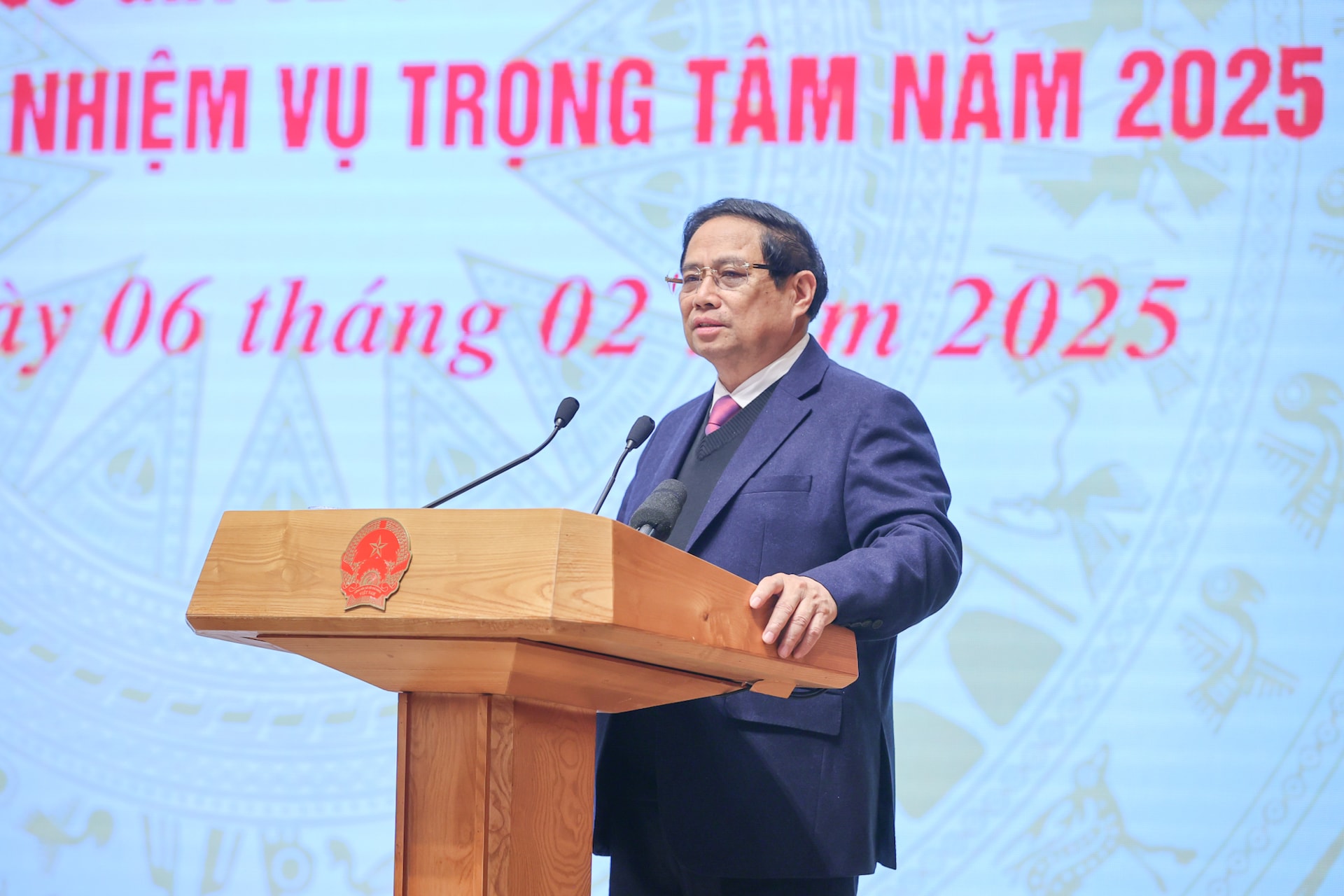
Third, the digital economy and digital society continue to develop strongly. The ICT industry has developed quite well; according to the Ministry of Information and Communications, revenue in 2024 will reach 152 billion USD, an increase of 10.9%, of which the semiconductor industry will have revenue of 18.7 billion USD with 50 microchip design enterprises and 6,000 design engineers. Revenue from software and information technology services will increase sharply (in 2024 it will reach 18 billion USD, an increase of 38.5%). Many of the world's leading technology corporations are investing and expanding their investment in Vietnam (Marvell - chip design; NVIDIA - research and development; SK Hynix - memory production).
E-commerce continues to grow strongly (reaching 28 billion USD in 2024, up 36%). Cashless payments are widely deployed (average annual growth rate of 57%).
The work of expanding the collection base, tax management, and electronic invoices has been implemented drastically and effectively, contributing to increasing the State budget revenue, ensuring the national financial balance (in 2024, 5.5 billion invoices were processed, an increase of nearly 40%); tax collection from e-commerce activities increased sharply (in 2024, it was 116,000 billion VND, an increase of 19.5%).
Integrated Electronic Health Book and Electronic Medical Records with over 15.5 million citizen information. Over 2.5 million policy beneficiaries receive social security benefits and 78% of people receive pensions and social insurance benefits through accounts.
Fourth, digital infrastructure and digital platforms receive investment attention; national and specialized databases are being strongly deployed; connection, integration, and data sharing have developed.
Since October 2024, Vietnam has officially commercialized 5G telecommunications services. Vietnam's internet speed in 2024 ranked 37th, up 7 places compared to 2023.
On December 19, 2024, the largest international submarine fiber optic cable line ever put into operation will double Vietnam's international internet transmission capacity.
The National Population Database has been promoted, bringing practical results. Completed the issuance of 100% of chip-based ID cards to eligible citizens; activated over 60 million electronic identification accounts; provided 40 utilities on the VNeID application, an increase of 27 utilities compared to 2023; cleaned 35.1 million driver's license data; verified biometric information of 56.8 million banking customer records.
Fifth, online public services serving people and businesses are increasingly improved, gradually building a professional and modern administration (54/76 essential online public services have been deployed).
Sixth, Vietnam has made strong progress in the international digital transformation rankings. The 2024 e-Government Development Index increased by 15 places, ranking 71/193. The 2024 Global Innovation Index increased by 2 places, ranking 44/133. The 2024 Global Cybersecurity Index increased by 8 places, ranking 17/194.
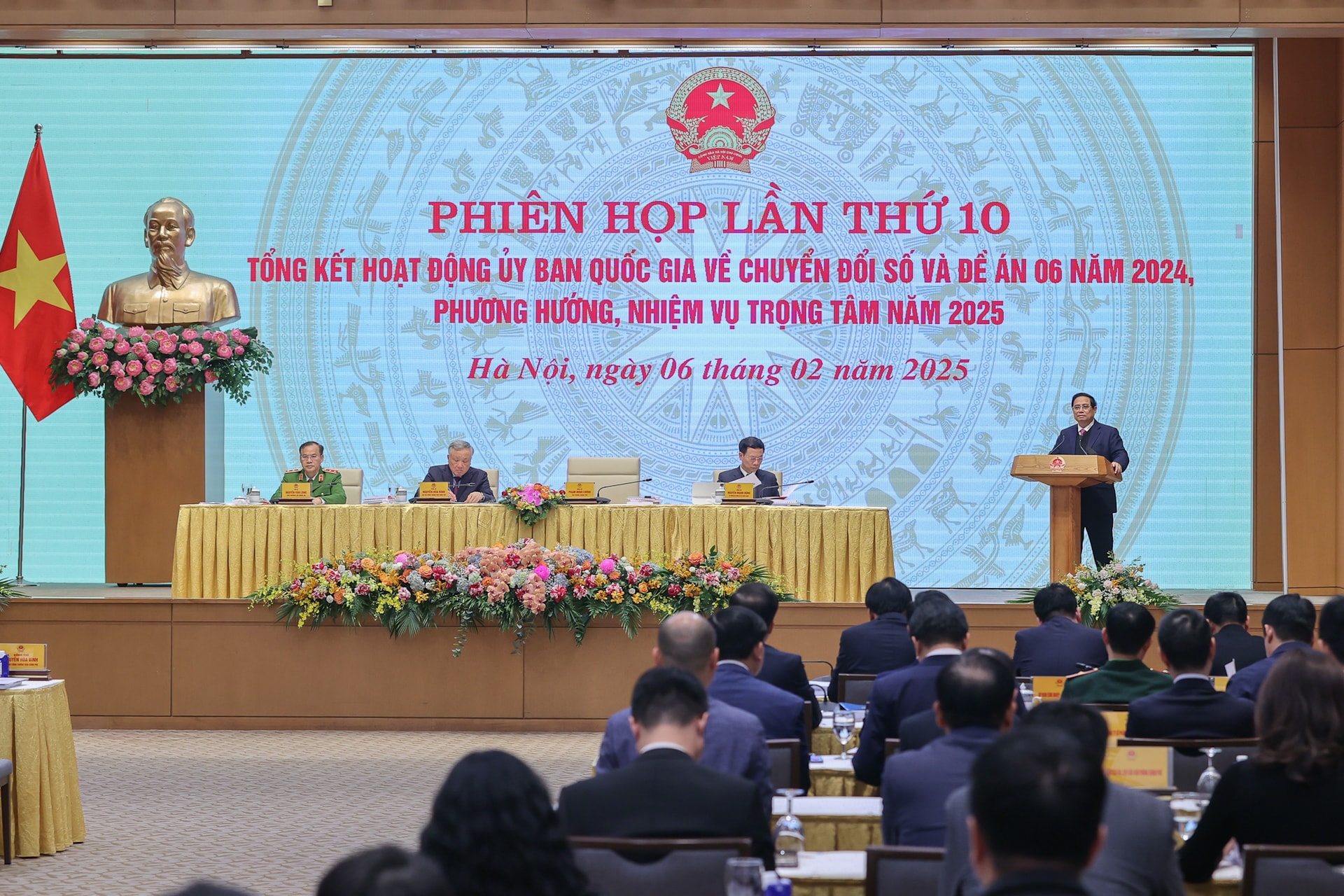
At the conference, the Prime Minister and delegates launched the pilot Health Data Coordination System to improve the quality of health care, enhance the efficiency of the health sector and support scientific research.
Regarding this content, Director of Bach Mai Hospital Dao Xuan Co said that this is the first special-class hospital nationwide to deploy electronic medical records, performing paperless medical examination and treatment from November 2024.
Bach Mai is a special-class hospital of the Ministry of Health, and is also a unit included in the Government's Project 06 to implement comprehensive digital transformation in the healthcare sector.
The transition to electronic medical records will help all information about the patient's health status, medical history and treatment process to be stored and managed online, helping to diagnose and treat effectively and quickly, increase automation, minimize errors, reduce time and reduce costs. Just not printing films and no paperwork has helped Bach Mai Hospital save 100 billion VND per year and this amount continues to be invested in upgrading the hospital's information technology system and digital transformation.
Chairman of the Bac Ninh Provincial People's Committee Vuong Quoc Tuan said that it is expected that by March 31, 2025, all hospitals in Bac Ninh will switch to using electronic medical records. The province has also initially linked electronic medical records between hospitals with two leading hospitals, Viet Duc and Bach Mai.
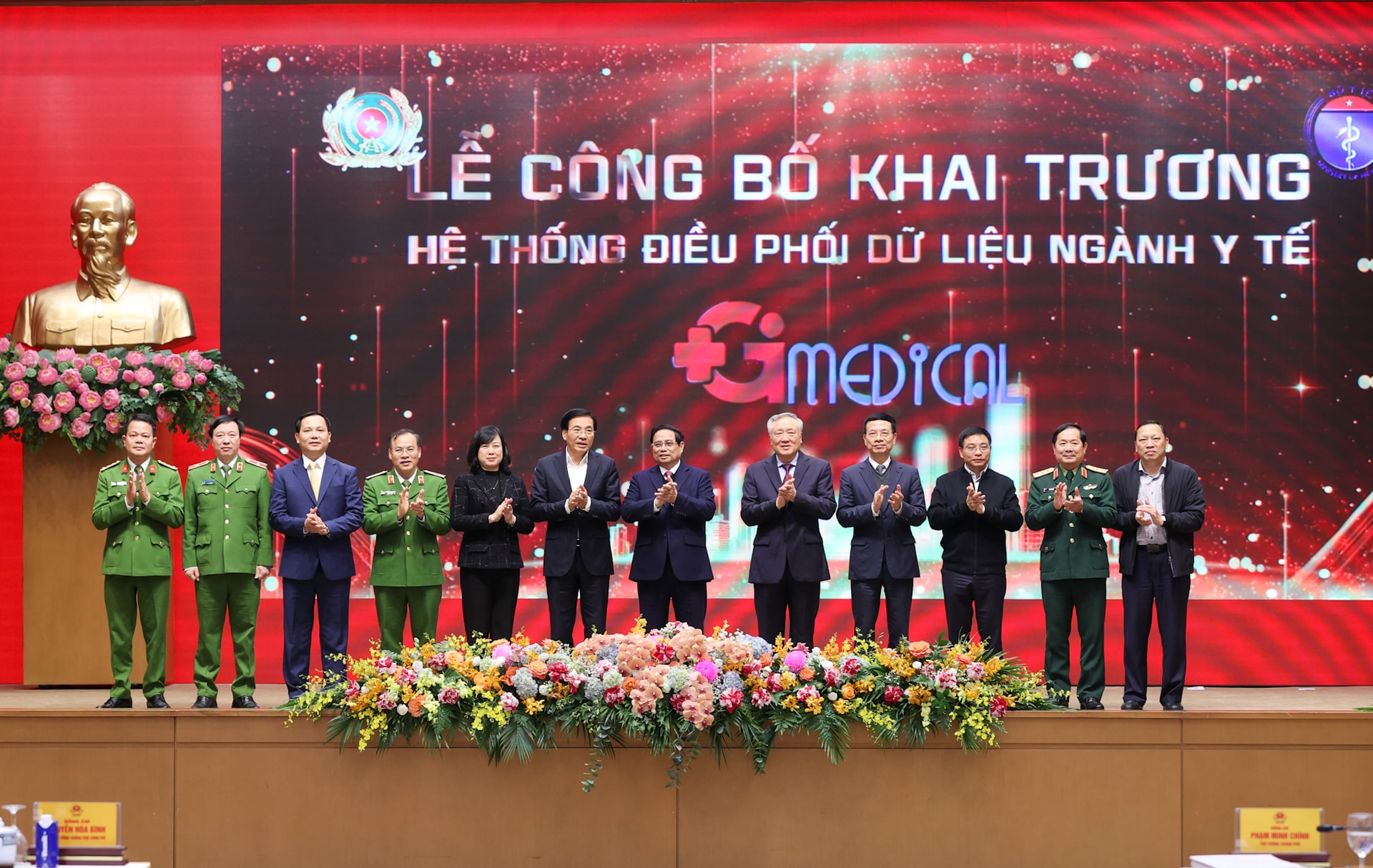
Digital transformation must be for all people, comprehensive and complete with 5 'accelerations and breakthroughs'
Concluding the conference, Prime Minister Pham Minh Chinh basically agreed with the reports and opinions and emphasized that the attention of Party and State leaders to digital transformation, especially that of General Secretary To Lam, created motivation and inspiration for the entire political system, people and businesses in digital transformation.
On behalf of the Government leaders, the Prime Minister commended the efforts, attempts and achievements of ministries, branches and localities; the drastic direction of members of the National Committee and the Steering Committee of Project 06 with the core role of the people's public security force; the consensus, support and active participation of people and businesses.
In addition, the Prime Minister pointed out the shortcomings and limitations related to institutions, mechanisms and policies to promote digital transformation and implement Project 06; some tasks of Project 06 and according to the Plan of the National Committee have not been completed.
The development of digital economy and digital infrastructure is not commensurate with the potential and economic growth rate. Cyber security and information security in many places have not received due attention. Cutting and simplifying administrative procedures is still slow. The quality of online public service provision is not high. Human resources for digital transformation and Project 06 have not yet met the demand in terms of quantity, quality, and uneven distribution.
The causes of the shortcomings and limitations are that some ministries, branches and localities have not been resolute and have not paid due attention to digital transformation; the role of leaders has not been promoted; and there are shortcomings in coordination between agencies and units. Where leaders are concerned and give strong direction, there will be positive changes, the Prime Minister emphasized.
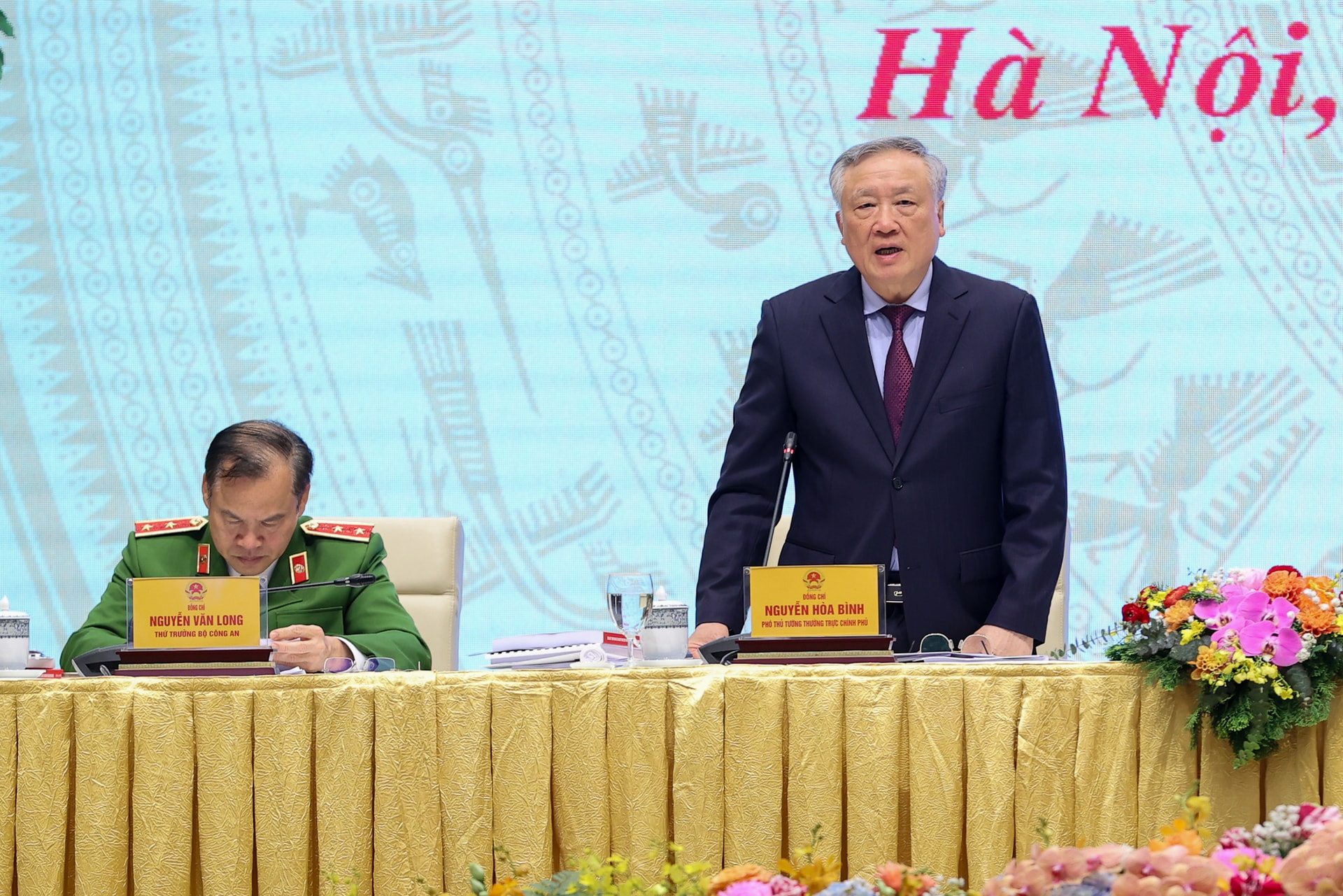
In the coming time , the Prime Minister requested ministries, branches, localities and agencies to closely follow Resolution No. 57-NQ/TW of the Politburo and the key tasks and solutions in the Government's Action Program. Digital transformation must be closely linked to the implementation of the "revolution" in streamlining the apparatus and improving the quality of civil servants and public employees.
At the same time, digital transformation must be nationwide, comprehensive, and comprehensive, at all levels and sectors, in line with world trends and meeting people's requirements, with people and businesses as the center and subject.
Developing science and technology, innovation, and digital transformation are objective requirements, strategic choices, and top priorities for rapid and sustainable development in the era of striving, developing richly, civilizedly, and prosperously, and making people increasingly prosperous and happy.
The Prime Minister emphasized the spirit of 5 "acceleration, breakthrough": Acceleration, breakthrough in comprehensive digital transformation, spreading digital technology to all areas of the economy, contributing to promoting double-digit economic growth in the coming period; acceleration, breakthrough in digitalization of economic sectors, from industry, agriculture to services, individual business households, farming households..., improving productivity, efficiency and competitiveness; acceleration, breakthrough in digital infrastructure development; acceleration, breakthrough in digital human resource development, equipping knowledge and skills for future generations, ready to seize opportunities in the digital age; acceleration, breakthrough in digital government development, improving the effectiveness and efficiency of state management, serving people and businesses better and better.
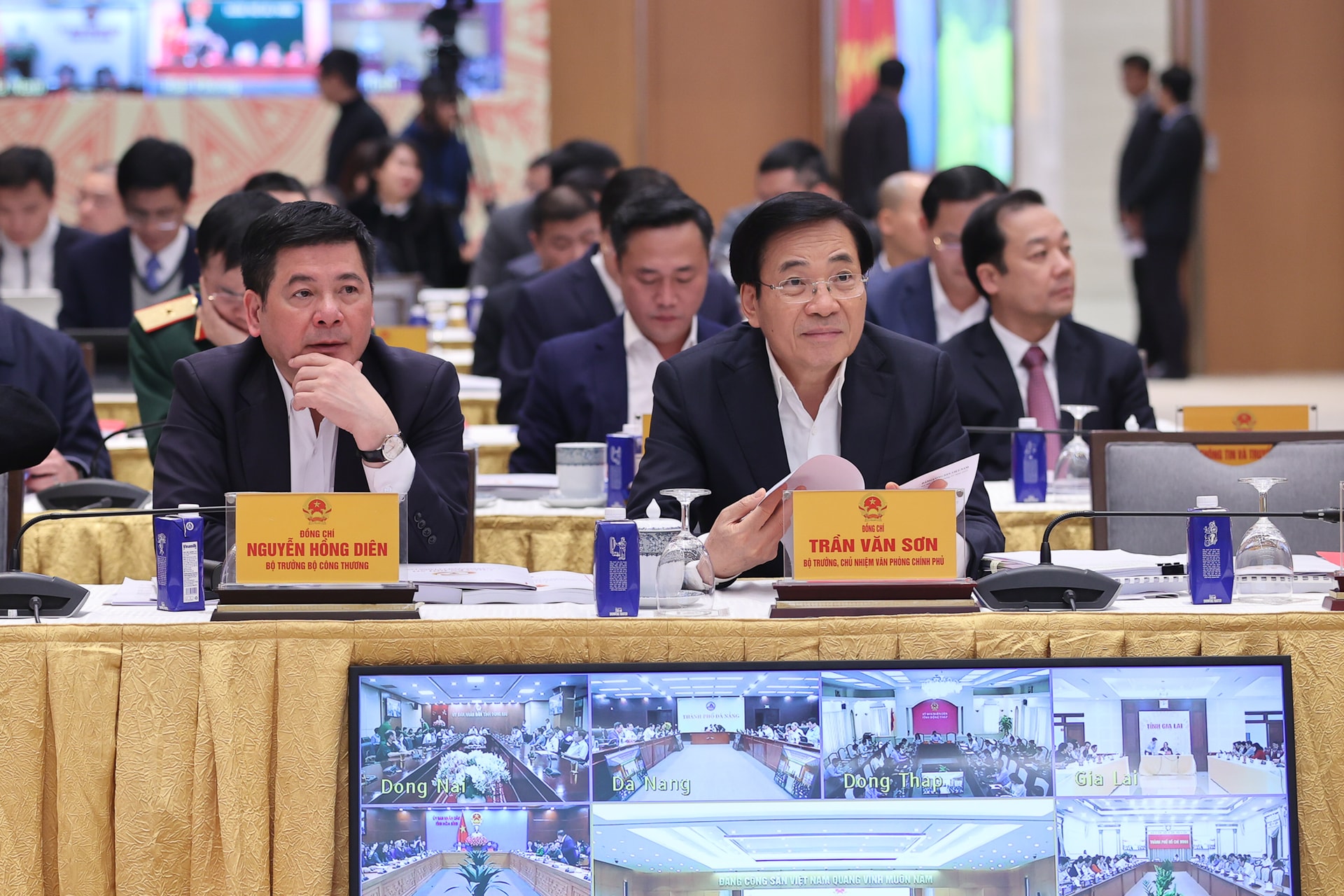
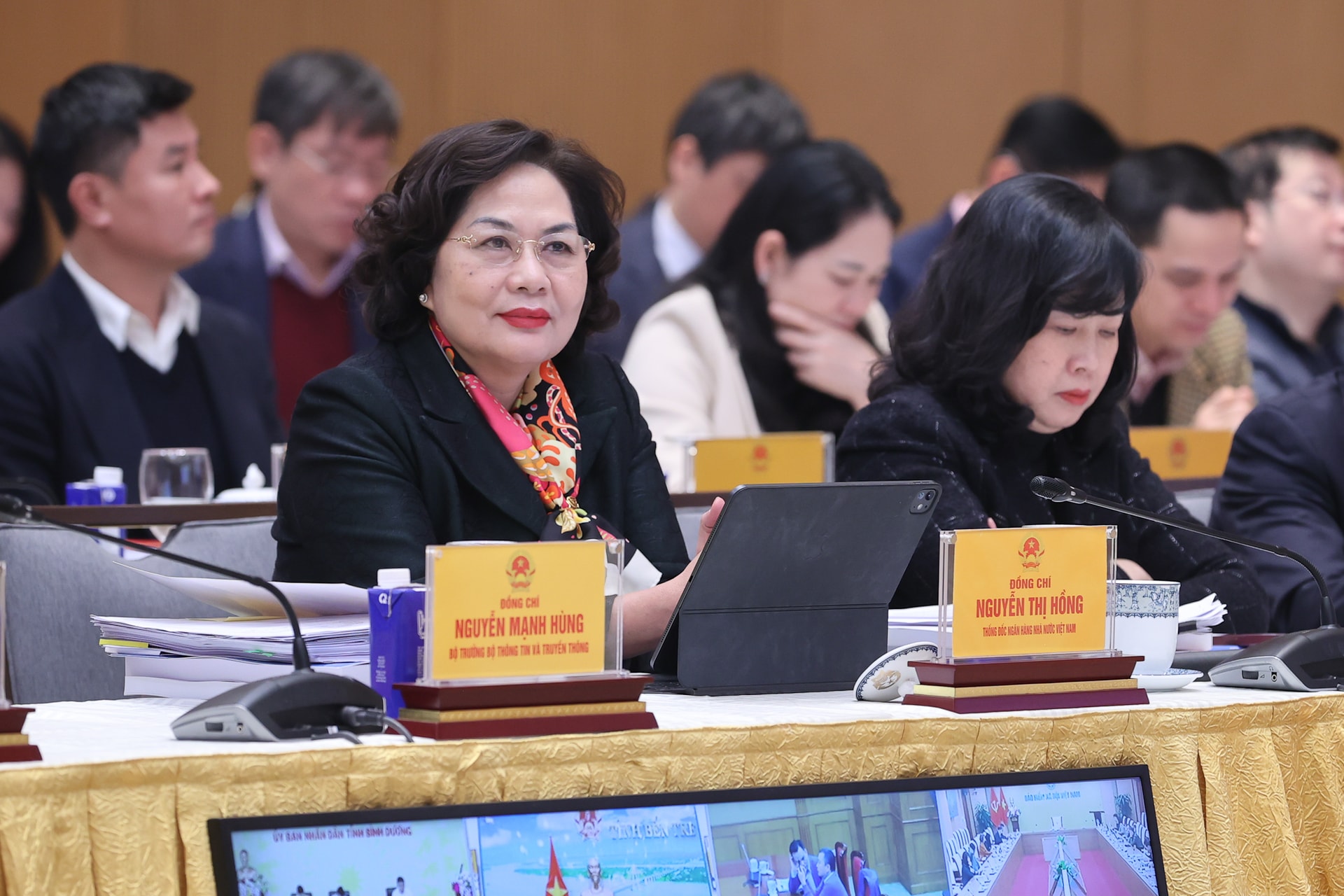
Apply zero fee for online public services
Assigning tasks for the coming time, the Prime Minister first requested ministries, branches, localities, levels, and sectors, based on their functions, tasks, and powers, to well organize the implementation of Resolution 57 of the Politburo and the Government's action program , contributing to achieving GDP growth of at least 8% in 2025.
The implementation plan must be completed before February 15, ensuring substance, not formality; tasks must be specific and quantifiable for easy implementation, evaluation, measurement, inspection and monitoring. Along with that, continue to promote extensive propaganda, raise social awareness of digital transformation, diversify forms, diversify content and quantify results.
The Ministry of Home Affairs researches and launches a national emulation movement on science and technology development, innovation, digital transformation, creating a movement, momentum, motivation, inspiration for all people and businesses and promoting inspection and examination of the performance of public duties by officials and civil servants in this work.
The Prime Minister requested that before February 15, the merger of the Government's committees and steering committees on digital transformation, administrative reform, and Project 06 be completed into the Government's Steering Committee on science, technology, innovation, and digital transformation headed by the Prime Minister to concretize and implement the directions of the Central Steering Committee on science, technology development, innovation, and digital transformation headed by General Secretary To Lam.
Second, unify the perception, action and implementation of leaders in digital transformation. Ministers, heads of sectors, and chairmen of provincial and municipal People's Committees are required to have high political determination, set an example, and be pioneers in unifying perception, innovating thinking and methodology in digital transformation.
Resolutely direct tasks that are behind schedule; regularly hold meetings and inspect to remove difficulties, obstacles, and bottlenecks according to the principle of "leadership from top to bottom but implementation and removal of obstacles must be from bottom to top".
By June 2025, all leaders of ministries, branches, and provincial People's Committees must direct, operate, and process work in the online environment and use digital signatures. By the end of 2025, all cadres and civil servants at commune, district, and provincial levels must process work in the online environment and use digital signatures.
Directing specific tasks in a number of areas closely related to people and businesses, the Prime Minister requested the Ministry of Finance to take the lead and pioneer in implementing digital transformation in tax management and tax collection, especially in the fields of tourism and food and beverage business, applying electronic invoices generated from cash registers, to be completed in the first 6 months of 2025.
Along with that, the Ministry of Health will complete the work to deploy electronic medical records in the first 6 months of 2025; deploy electronic medical records at all hospitals nationwide in September 2025. The Ministry of Health will coordinate with the Ministry of Public Security and relevant units to pilot the Medical Data Coordination System at Bach Mai Hospital with medical facilities in Bac Ninh and Thai Nguyen provinces; Cho Ray Hospital with medical facilities in Binh Duong and An Giang provinces and qualified pharmacies.
The Ministry of Education and Training will build data on students from grades 1 to 12, to be completed in the first 6 months of 2025. The Ministry of Justice will urgently complete the construction of a criminal record database before transferring it to the Ministry of Public Security. The State Bank will continue to focus on promoting digital services.
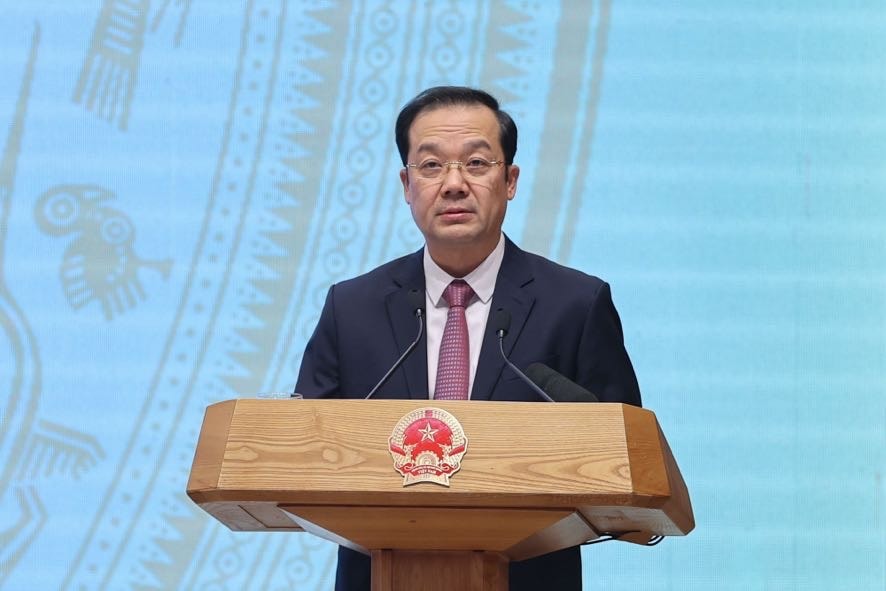
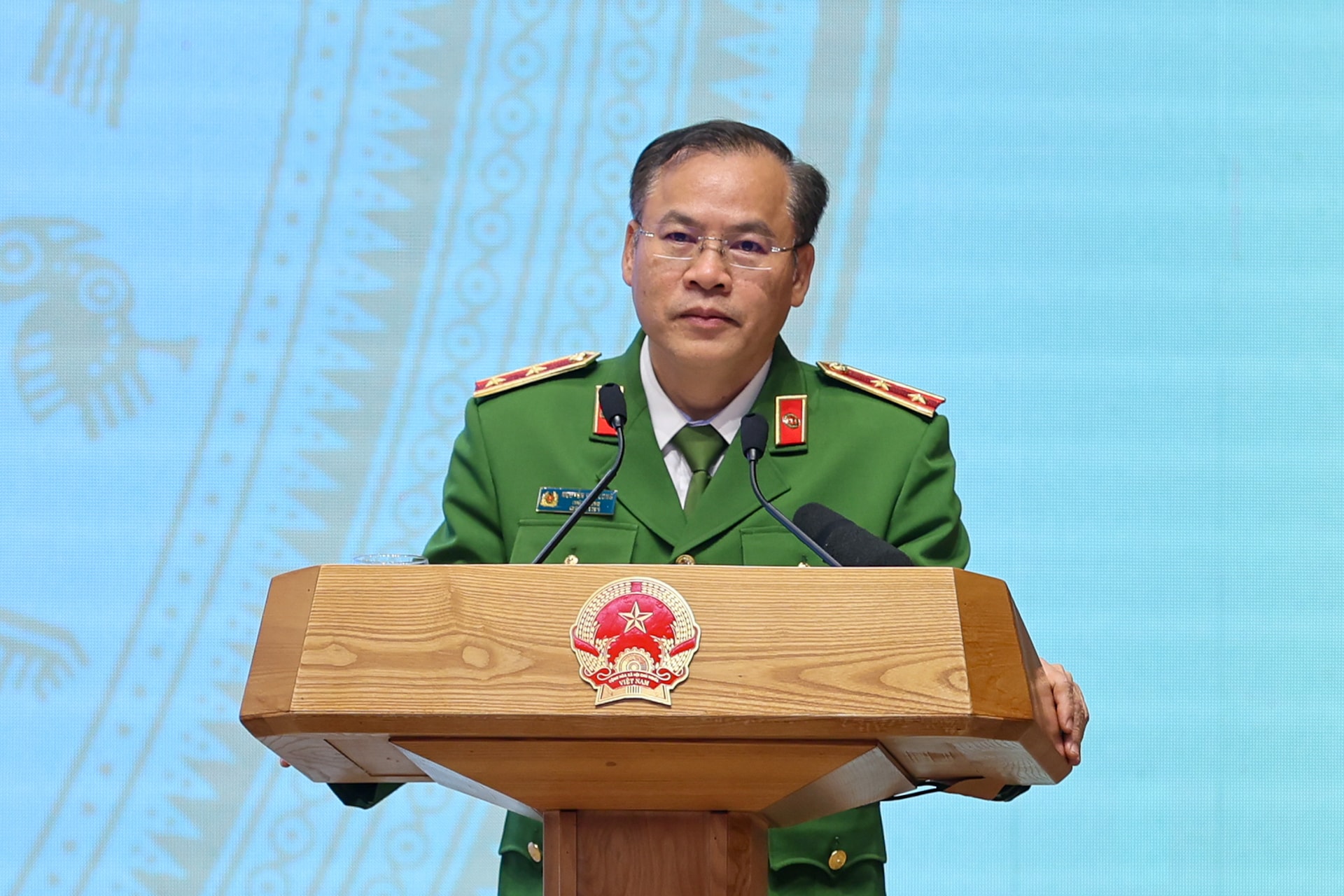
Third, promote reviewing, building and perfecting institutions; build mechanisms and policies; ensure resources for digital transformation.
Ministries and sectors complete and submit to the National Assembly for approval the Law on Digital Technology Industry and promptly draft guiding documents. Urgently draft the Law on Personal Data Protection, collect opinions and report to the National Assembly for comments at the 9th session. Develop and submit to the National Assembly for promulgation a resolution regulating specific mechanisms for investment, public investment, and public procurement of digital products and services.
At the same time, urgently submit to the Government for promulgation 2 decrees guiding the Law on Electronic Transactions, 3 decrees guiding the Law on Data and Decree amending and supplementing Decree No. 123/2020/ND-CP on invoices and documents. Soon submit to the Prime Minister for promulgation the Program on developing digital government and the Program on developing digital economy and digital society for the period 2026-2030.
The Ministry of Finance ensures regular budget expenditures to implement national digital transformation activities, Project 06.
Fourthly, regarding the development of digital economy, digital infrastructure and national digital platform, the Prime Minister requested the development of a project to apply the Internet of Things in a number of industries and fields, such as manufacturing, trade, energy, smart agriculture, smart transportation, smart healthcare, etc.
Develop a digital transformation project for businesses, especially small and medium enterprises, cooperatives, and 5 million business households. At the same time, develop a set of criteria to assess the level of digital transformation of businesses. Promote the implementation of electronic household tax collection.
Putting the National Data Center into operation in 2025; promoting the development of satellite data transmission systems; high-speed broadband fiber optic cables... Network operators cover 5G nationwide and are one step ahead in satellite internet.
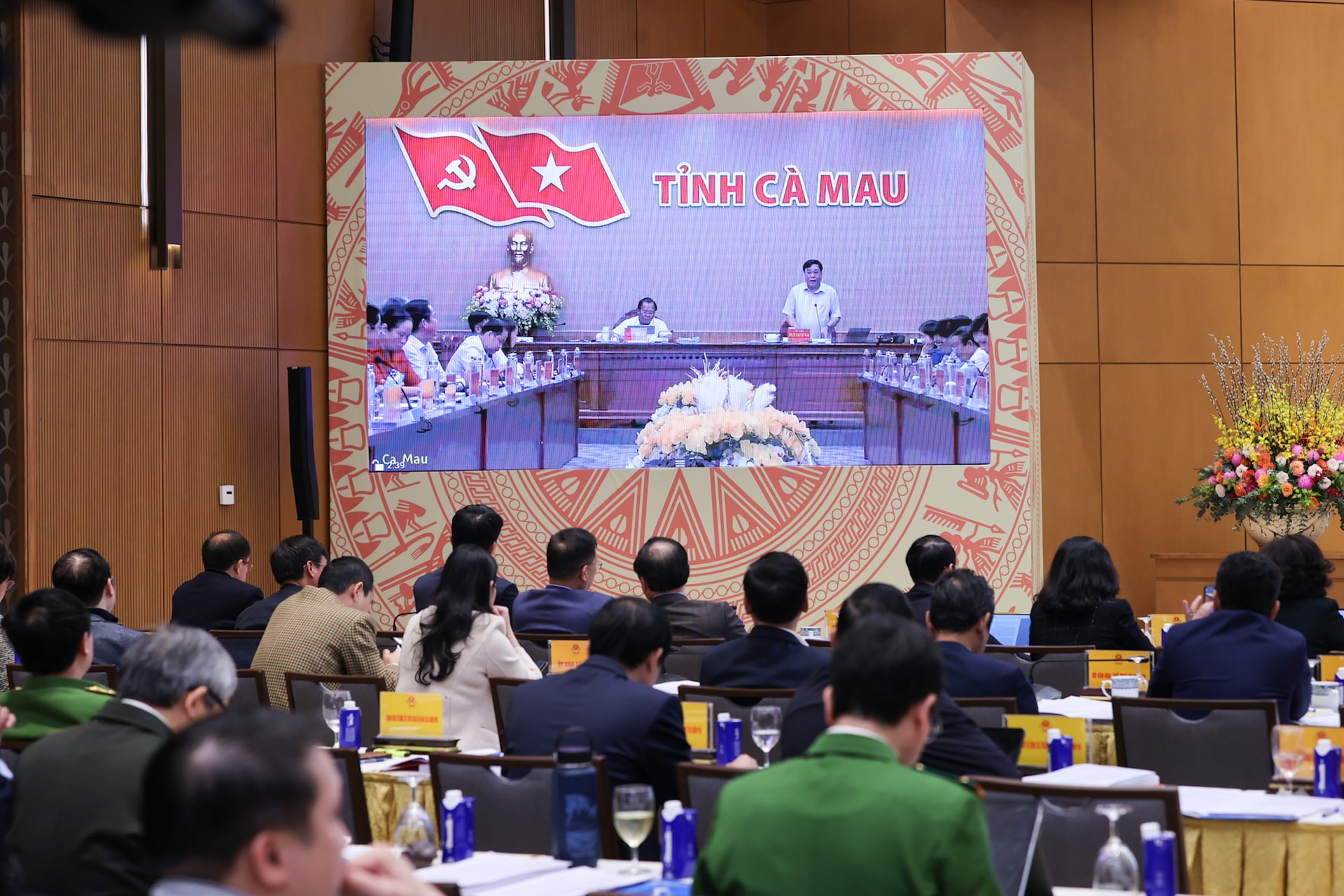
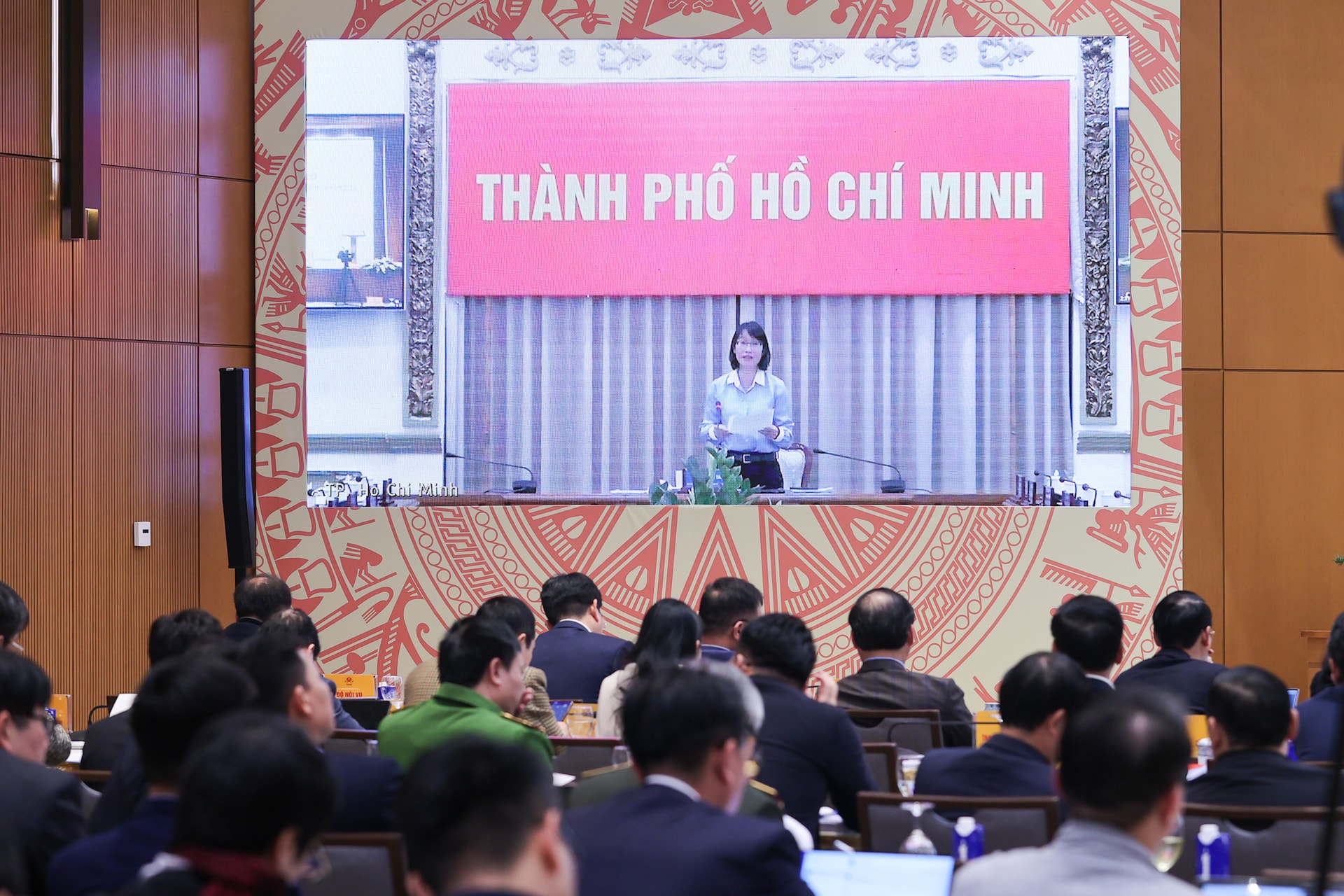
Fifth, continue to promote the provision, improve the quality and efficiency of online public service provision.
Accelerate the reduction and elimination of administrative procedures; change the state from "asking - giving" to provide public services to "proactive" state of serving and providing public services to people and businesses. In 2025, 100% of airports, ports, and border gates will apply biometric technology and the VneID platform.
Improve the quality of online public services throughout the process towards providing personalized digital services, regardless of administrative boundaries. Promote decentralization and authorization to handle administrative procedures (like the model that Hanoi has implemented). Apply a zero-fee policy to attract people to use online public services.
Accelerate the digitization of records and results of administrative procedures; do not require people and businesses to provide digitized documents and results of procedures. Complete the digitization of civil status and land data nationwide by June 2025. The Chairman of the Provincial People's Committee, the Minister of Justice, and the Minister of Natural Resources and Environment are responsible to the Prime Minister for this.
Strive to achieve 80% of public services being online by the end of 2025, 40% of the adult population using online public services, and 100% of administrative procedure settlement records being assigned personal identification.
Reduce administrative procedures, visa issuance time and implement online methods; organize the issuance of ID cards for Vietnamese people abroad and birth certificates for Vietnamese children abroad online.
Sixth, regarding information security and safety , the Prime Minister assigned the Ministry of Public Security to preside over and coordinate with the Ministry of National Defense and the Ministry of Information and Communications to strengthen coordination, regularly assess, guide, monitor and protect information systems and national and specialized databases. Ministries, branches and localities must urgently complete the work of ensuring information security at all levels.
Seventh, regarding the development of human resources for digital transformation , the Prime Minister requested attention to both general and specialist training, attracting talent, and promoting English training. Effectively implement the Program for human resource development in the semiconductor industry by 2030; including training at least 50,000 human resources with university degrees or higher to serve the semiconductor industry.
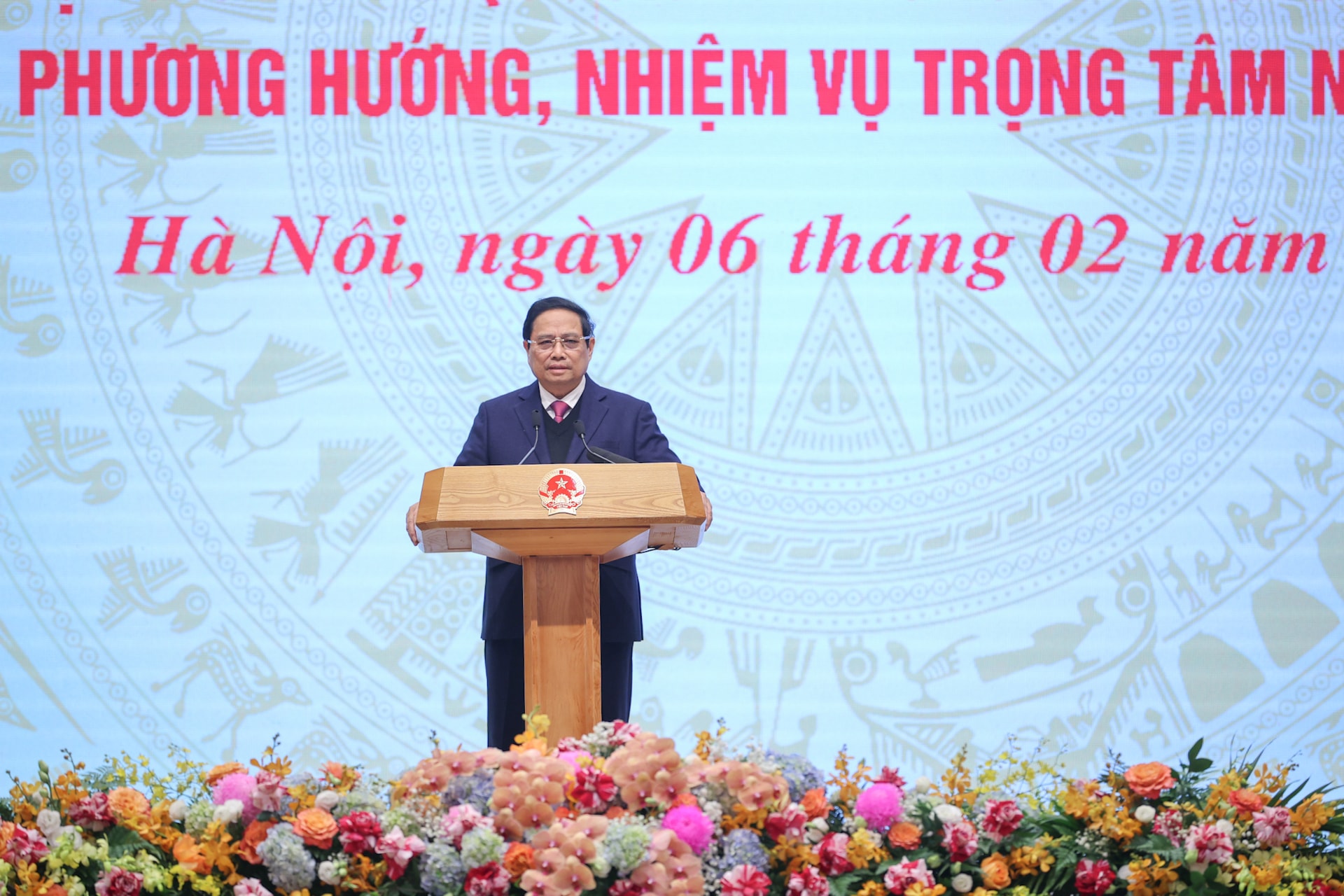
Eighth, regarding the implementation of Project 06 , the Prime Minister requested to accelerate the implementation of 39 slow-progressing tasks of Project 06; integrate aggregated data from national and specialized databases on aggregated databases at the National Data Center; promote digitalization, data creation, and ensure "correct, sufficient, clean, and live" data; to be completed in the fourth quarter of 2025.
Develop a set of indicators to assess the satisfaction level of people and businesses, through VNeID in the first quarter of 2025. Develop a set of indicators to assess the "health" of businesses, to be completed in June 2025.
The Ministry of Public Security, the Ministry of Finance, and the Ministry of Planning and Investment will study and coordinate to develop a plan to deploy an Information System for monitoring public investment projects and an interconnected system for registering and managing foreign enterprises' investments, and evaluate the socio-economic efficiency of the project, to be completed in June 2025.
Source: https://baotainguyenmoitruong.vn/thu-tuong-chuyen-tu-xin-cho-sang-chu-dong-phuc-vu-dich-vu-cong-voi-nguoi-dan-doanh-nghiep-386378.html



















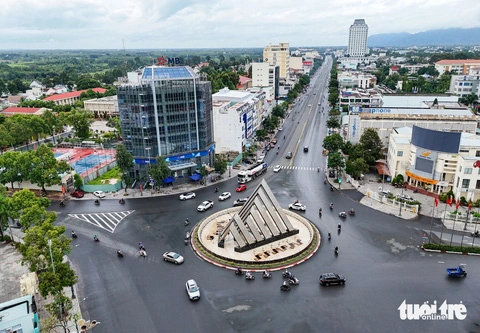

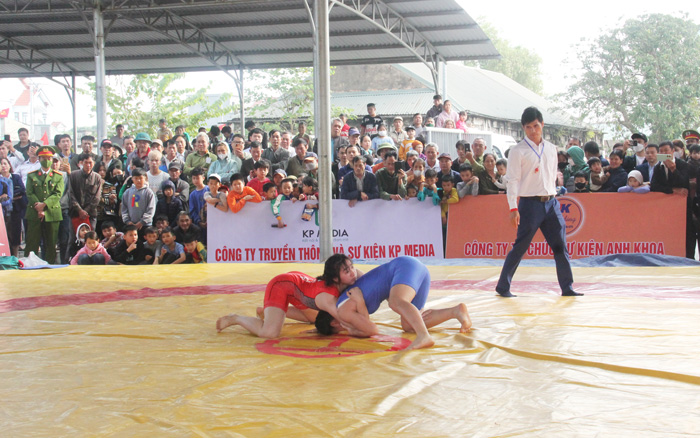








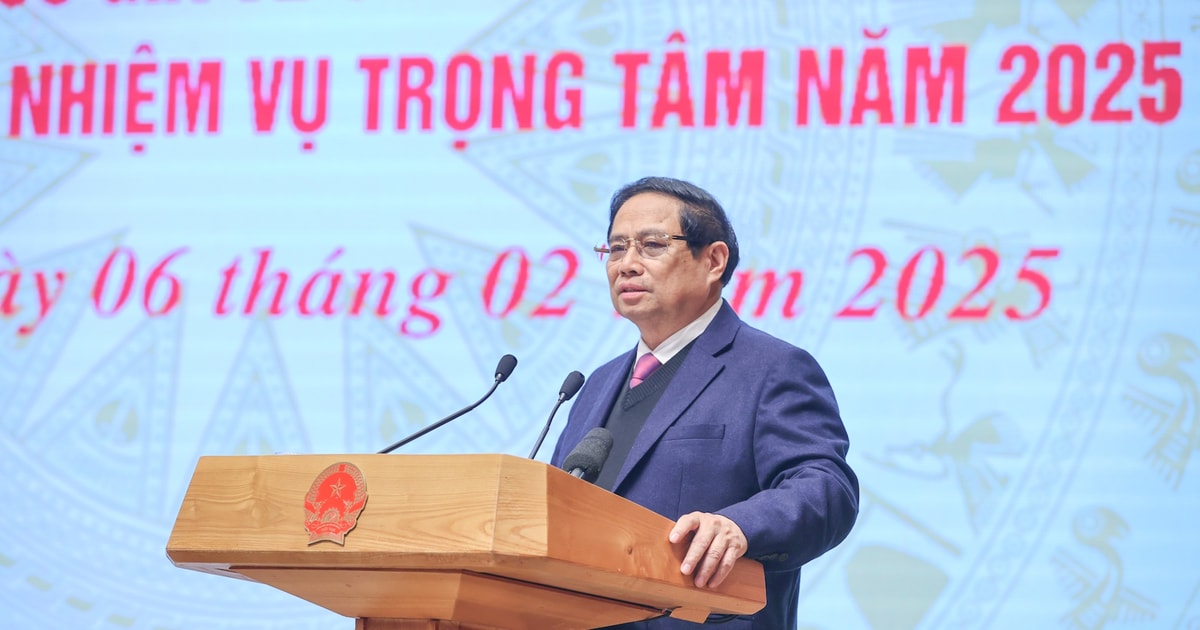
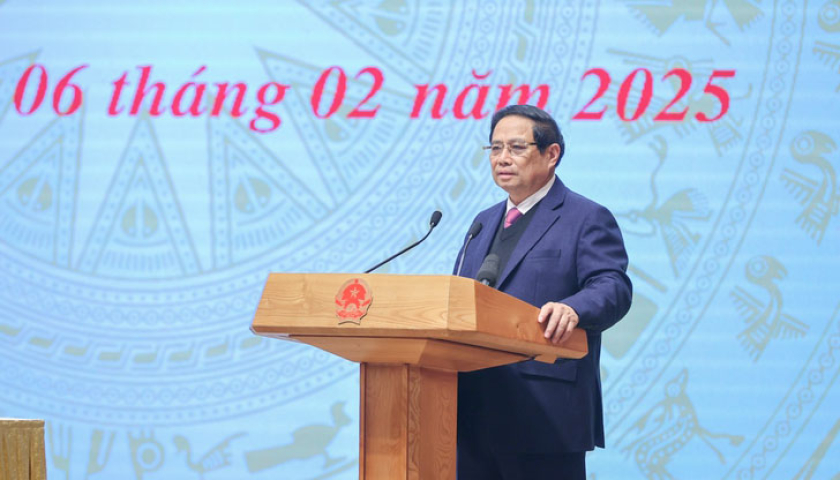
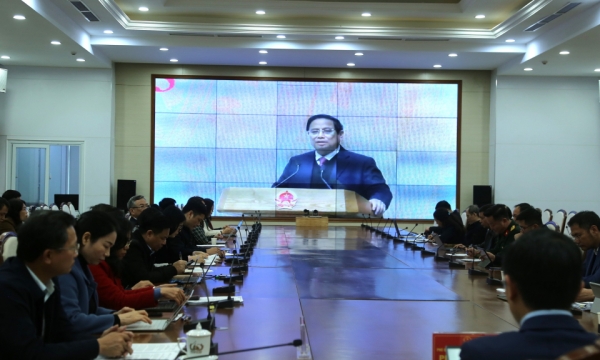
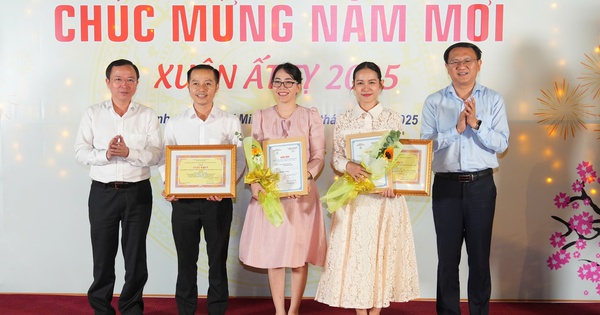

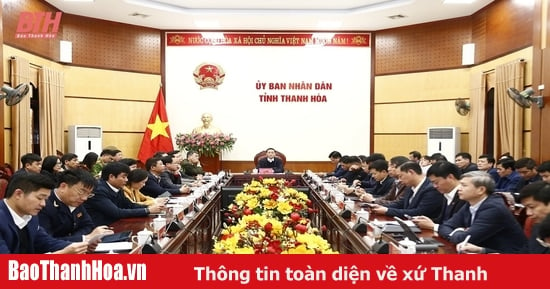
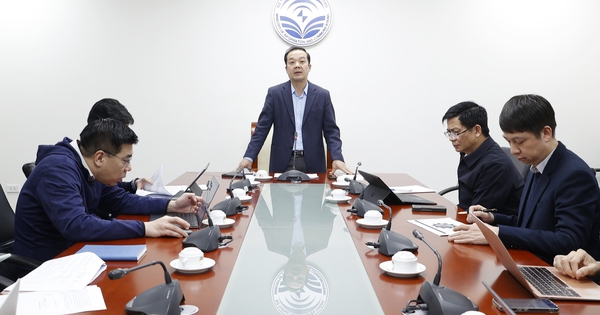

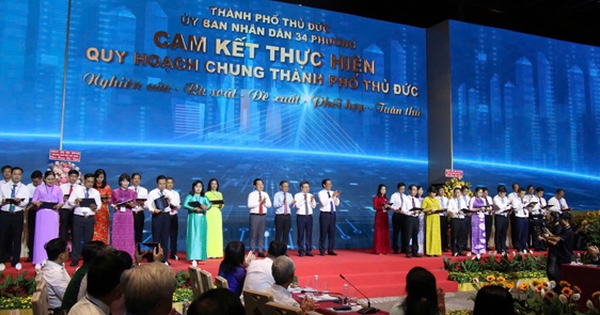


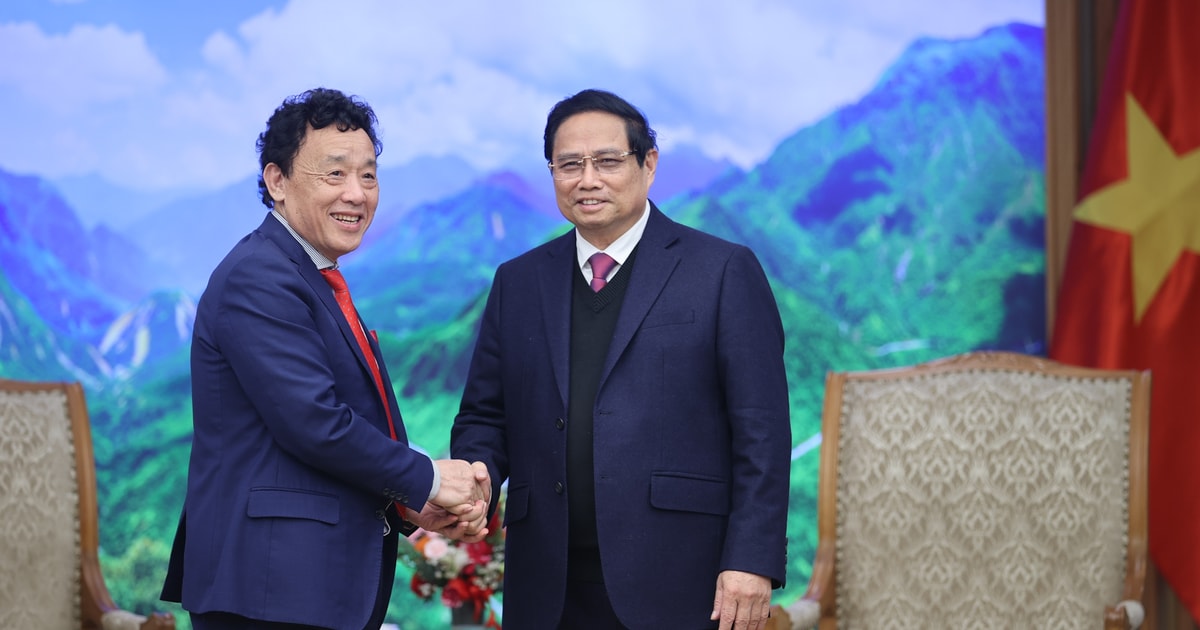
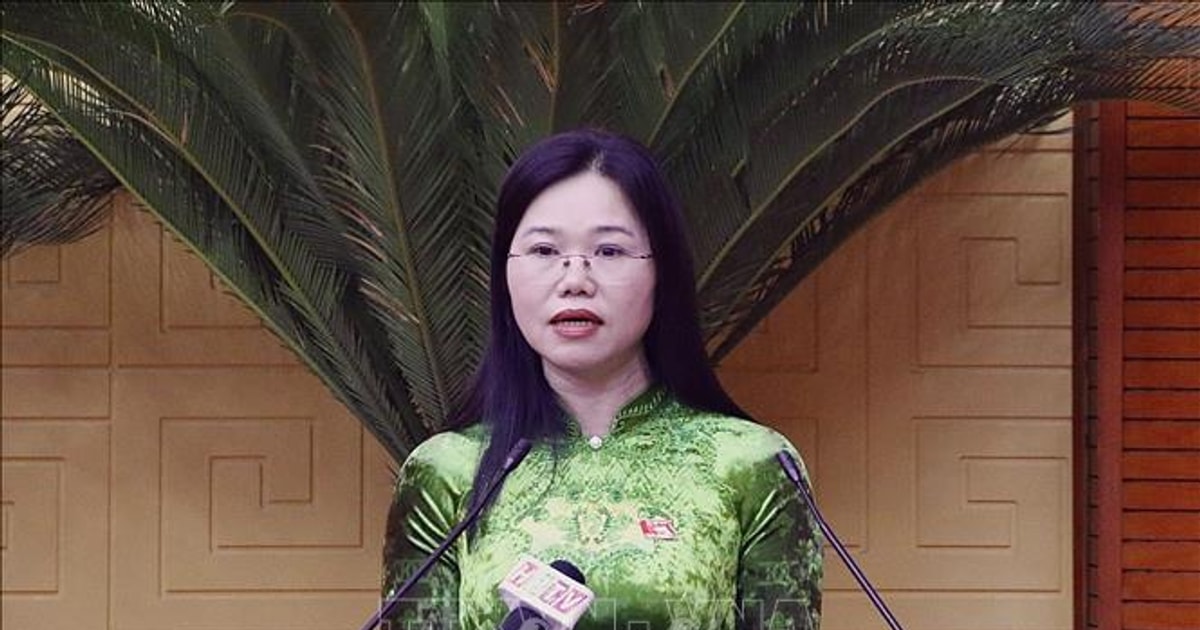


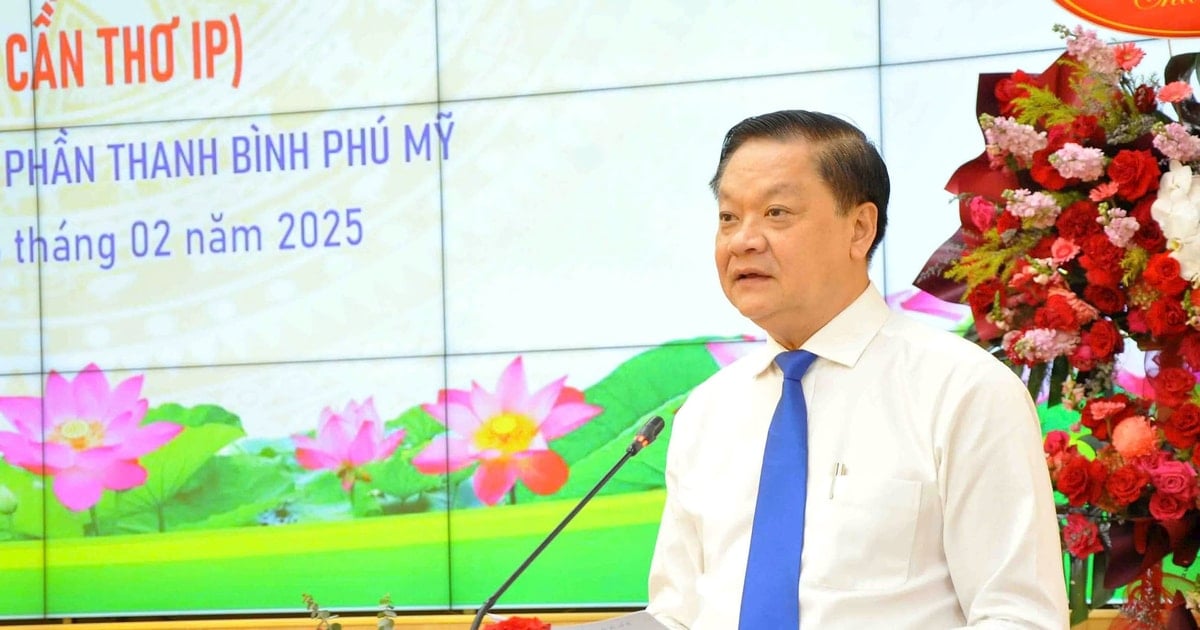
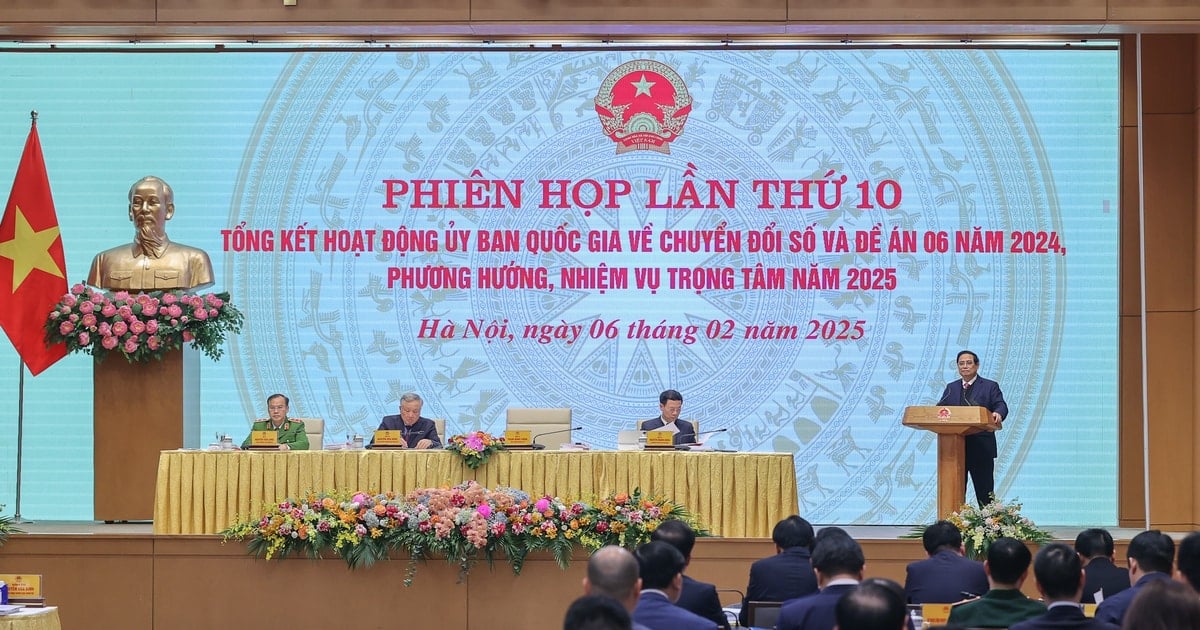















Comment (0)